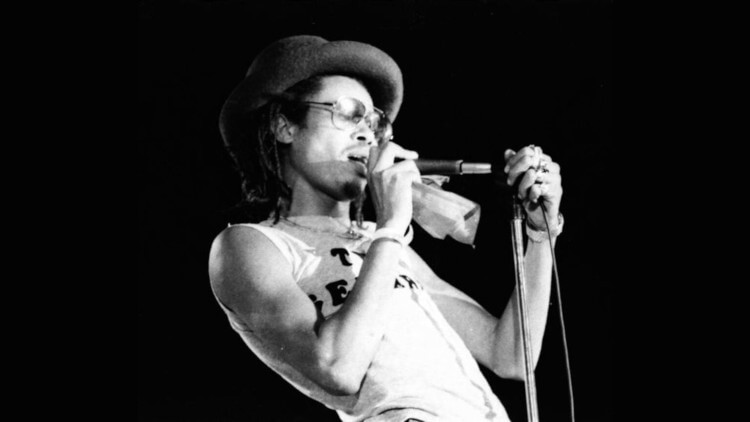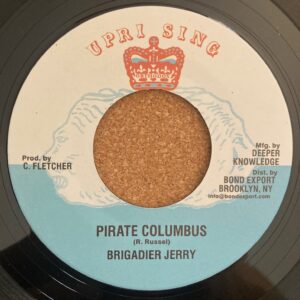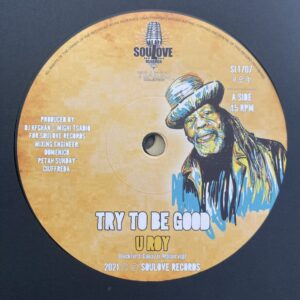In the 1970s and 1980s, two dominant styles emerged in dancehall music, each embodying a distinct outlook: “Culture” and “Slackness”. Slackness was known for its edgy lyrics, often explicit or dealing with themes considered taboo.
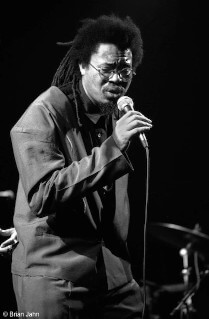
This style was not entirely new; Jamaica had a history of risqué lyrics, evident in early genres like Mento, Ska, and Rocksteady. Artists such as Lord Creator, Prince Buster, Max Romeo, and Lee Perry, known for their bold lyrical content, helped shape slackness’s popularity. This style leaned into humor, realism, and sometimes provocation, resonating with listeners for its raw and often unfiltered approach to everyday life.
On the other hand, Culture represented a more reflective, spiritual, and moralistic stance. Brigadier Jerry (real name Robert Russell, born on September 28th, 1957 in Kingston) was the most notable figure in this movement, revered for his unique lyrical style, blending traditional church music with dancehall rhythms.
Although U-Roy had been the foremost influence in dancehall, Brigadier Jerry quickly gained renown and respect for his powerful performances and lyrical messages, becoming one of the most significant deejays in shaping dancehall’s direction. Born into a family of fifteen, Brigadier grew up in a religious environment, his father being a preacher. This upbringing influenced his musical style, often incorporating hymns and gospel elements, defined as “revival style.”
Deejay Sassafrass noted that much of reggae’s foundation was connected to church music, specifically referencing Pocomania, a revivalist church tradition that was widespread in Jamaica’s countryside.
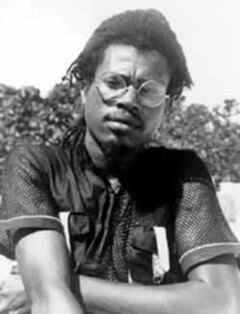
These revival-style churches had always been part of Jamaica’s spiritual landscape but gained renewed fervor with the Great Revival of 1861, which infused worship with African cultural elements. Over time, the movement evolved into two branches, Pocomania and Zion, each with unique practices.
Followers of these churches, sometimes called “Wrap-heads” for their distinctive head coverings, incorporated drumming and chanting into their services. These songs and rhythms laid the groundwork for many Rastafarian Nyabinghi chants, adapted with words like “Heaven” becoming “Zion” and “God” becoming “Jah,” reflecting Rasta spirituality.
For years, Brigadier Jerry filled the top spot on Jah Love Music, the sound-system run by the Twelve Tribes of Israel. This Rastafarian group was founded in 1968 by Vernon Carrington (also known as Gadman or The Prophet Gad), a sound system to spread their religious beliefs through dancehall.
The Twelve Tribes had a distinct take on Rastafarianism, blending it with Christian elements like reading a Bible chapter daily and believing in Haile Selassie as the earthly manifestation of Christ. Unlike other Rastafarian groups, they didn’t require members to wear dreadlocks.
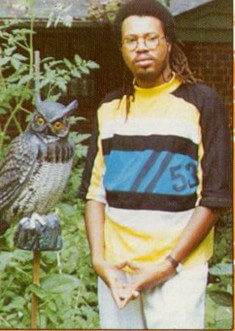
The Twelve Tribes were unique in their appeal to a more educated, middle-class demographic, attracting numerous reggae artists like Dennis Brown and Freddie McGregor. Their motto included the biblical encouragement to “praise the Lord (Jah) in the dance,” a call they answered by creating a sound system that combined faith with dancehall culture.
The Twelve Tribes believed in a future event where 144,000 faithful individuals—12,000 from each tribe of Israel, representing each month of the year—would be chosen to return to Africa. In his performances, Brigadier Jerry often referenced these tribes, a nod to the Twelve Tribes’ philosophy and Rastafarian identity, listing each tribe in order in his songs. His style connected deeply with audiences, bridging dancehall and Rastafarian culture with a universal appeal.
Brigadier Jerry recorded several tracks and one album, Jamaica Jamaica, but his live performances remained unmatched for their energy and spontaneous lyrics. On stage, he poured his heart into every lyric, making him one of the most admired and emulated deejays in the dancehall scene. Through his powerful performances, Brigadier kept the spirit of “Culture” alive even as “Slackness” continued to dominate the dancehall landscape.
“If anyone asks you what’s going on, tell them you’ve been baptized in the blood and sacrifice of Jah Jah.” [Brigadier Jerry]
Source: The Rise of Jamaican Dancehall Culture by Beth Lesser
Cover image from jamaicans.com

